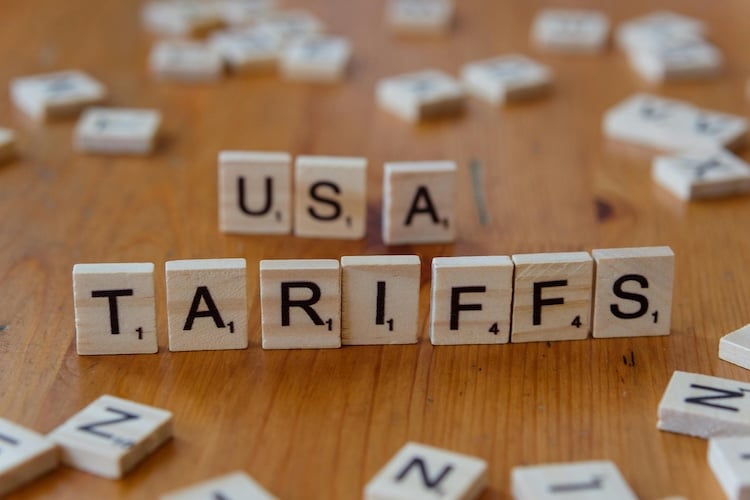
Tariffs and Taxes
Tariffs are all over the news these days. At a 30,000-foot level, tariffs operate much like a sales tax on imports. However, there is a key difference between tariffs and taxes. Namely, a third party can bring suit in federal court to enforce a tariff.
As a general disclaimer, this blog will not address the controversies surrounding tariffs and taxes. Tariffs are of course a controversial subject these days and there are plenty of other places on the internet to read about tariff controversies. There are also experts such as economists who may have a more qualified opinion on tariff controversies.
The Federal Claims Act allows the federal government as well as third parties to bring suit for false claims against the US Government. The recent Island Industries v. Sigma Corp industries case illustrates how a third part can use the Federal Claims Act to enforce tariffs. In Island Industries, a company allegedly made false statements to avoid tariffs on welded pipes. One of the company’s competitors brought suit in district court. The competitor was presumably not only seeking monetary award but also using the lawsuit to prevent its competitor from undercutting its pricing by allegedly evading tariffs.
The Federal Claims Act does not apply to income taxes, employment taxes, excise taxes, or any other taxes imposed by the Internal Revenue Code. Anyone with information or a belief that a former employer, competitor, or some other person is cheating on their taxes cannot force the IRS or other federal agency to enforce the tax laws against alleged tax cheat. Instead, they can file a whistleblower claim or an Information Referral with the IRS, but again, they cannot force the IRS to act on the information provided.
We often get calls from people claiming they know somebody such as a former employer, a former lover (maybe both) is cheating on their taxes. The people calling us want to force the IRS to take action on the object of their scorn. Fortunately, or unfortunately, there is nothing we can do to force the IRS’ hand.
Tariffs are different. A concerned citizen, competitor, jilted lover, disgruntled former employee, or ambulance chaser can bring suit in district court to get damages from a company or individual they believe is cheating the tariff system. Their allegations of tariff fraud do not have to go unnoticed because a government agent has decided to pursue other leads. The concerned citizen, the competitor that feels its business is being undercut, the jilted lover, the disgruntled former employee and anybody else who wants to dedicate time, money and resources to prosecute an alleged tariff violation can pursue the violation themselves in court. The claimant may prevail in court or may lose, but the claimant gets to decide to prosecute the case.
As tariffs become steeper and more ubiquitous, importers and other businesses are inevitably going to attempt to evade tariffs. More claimants with varying motives will come out of the woodwork to pursue claims against alleged tariff cheats. The stakes are high for all parties involved.
RJS LAW is a full-service tax firm that provides estate planning, tax controversy, and tax planning services. We assist clients with tax matters before state and federal agencies including the IRS, California Franchise Tax Board, California Tax & Fee Administration, and Employment Development Department. Please call us at 619-595-1655 for a free consultation if you have any tax or estate planning questions.
Written by Joseph Cole, Esq., LL.M.

Leave a Reply